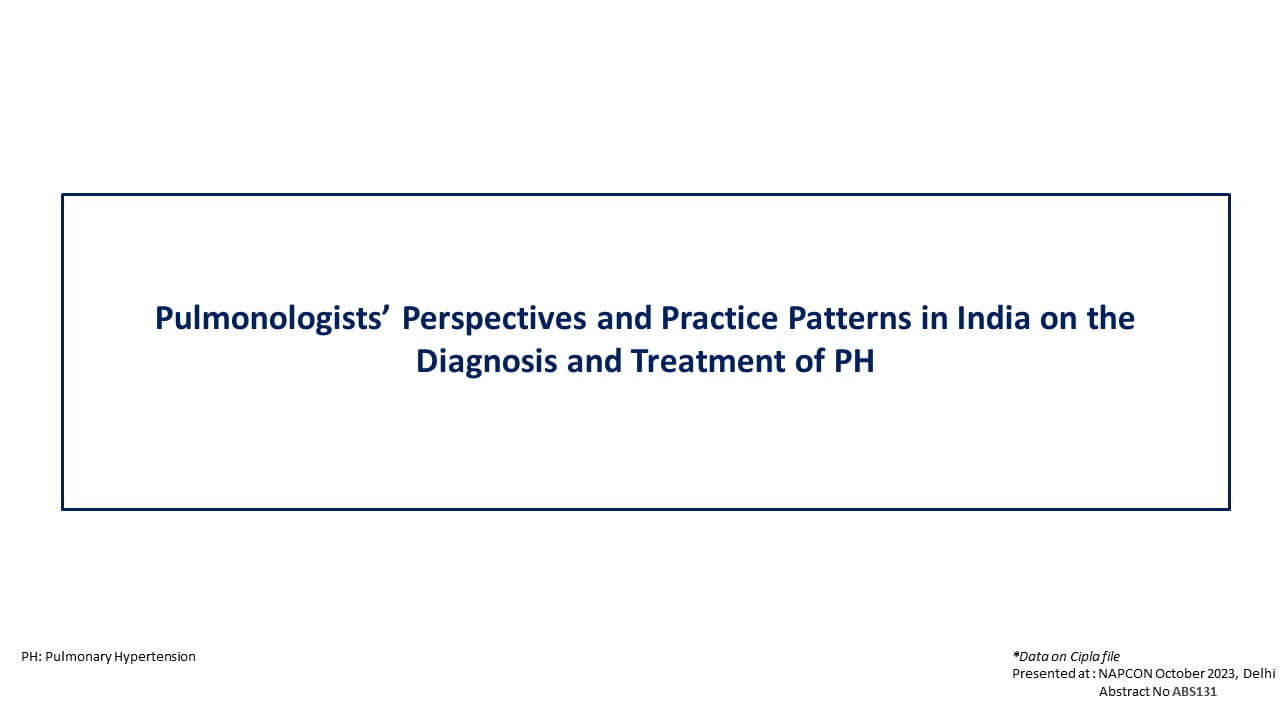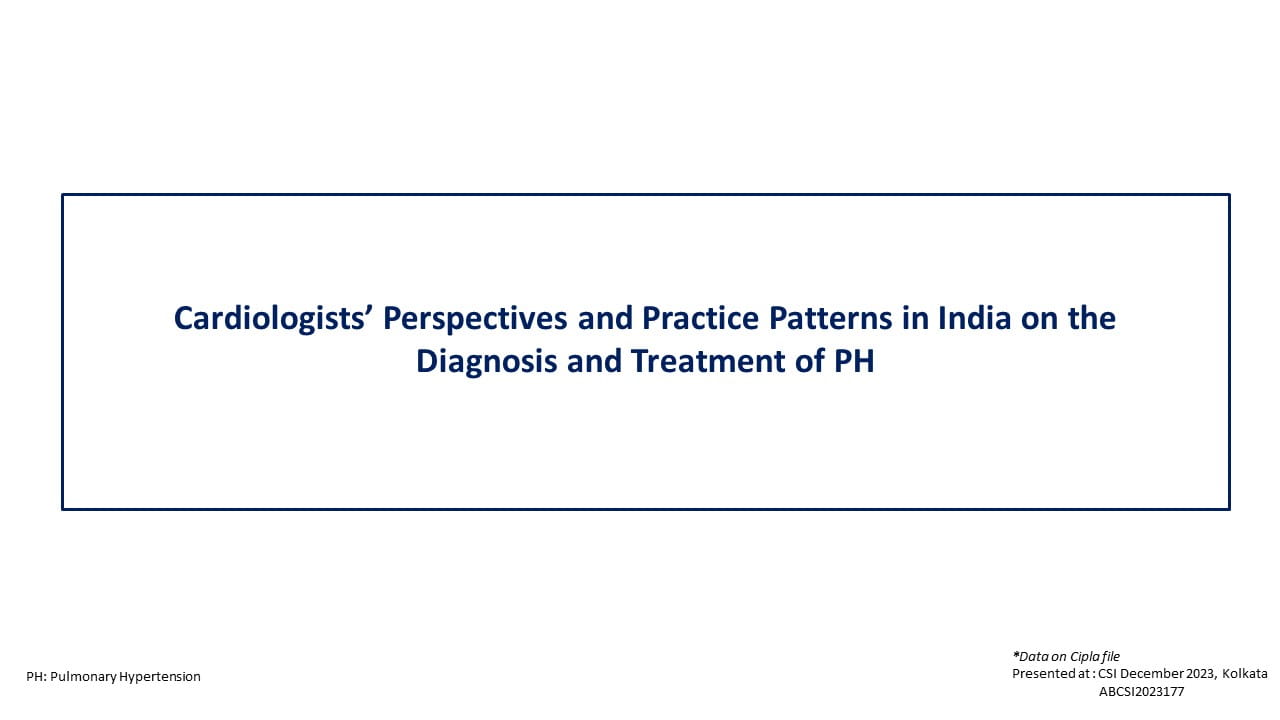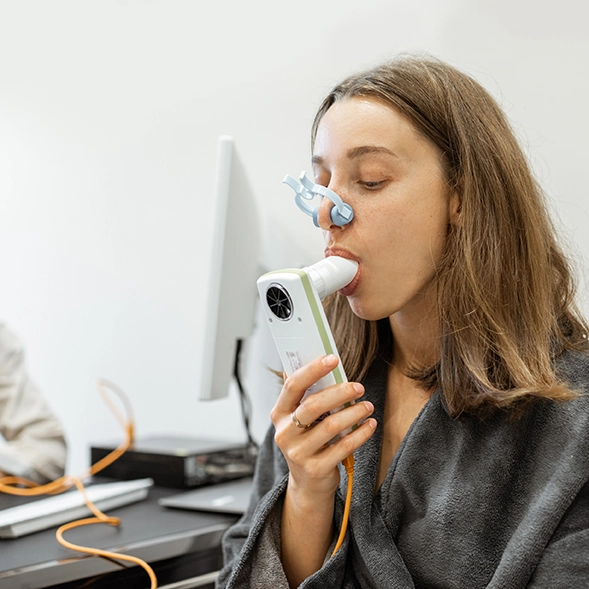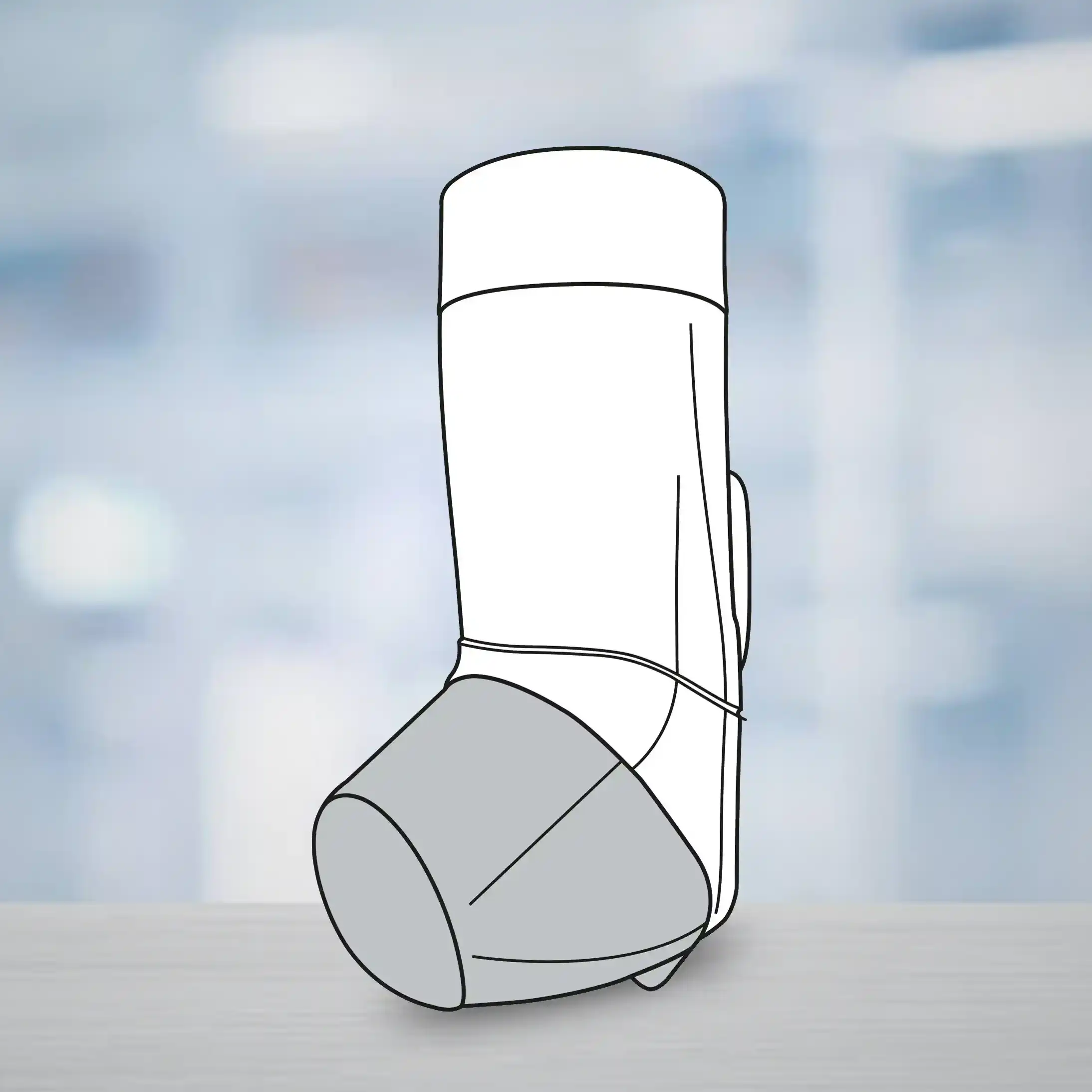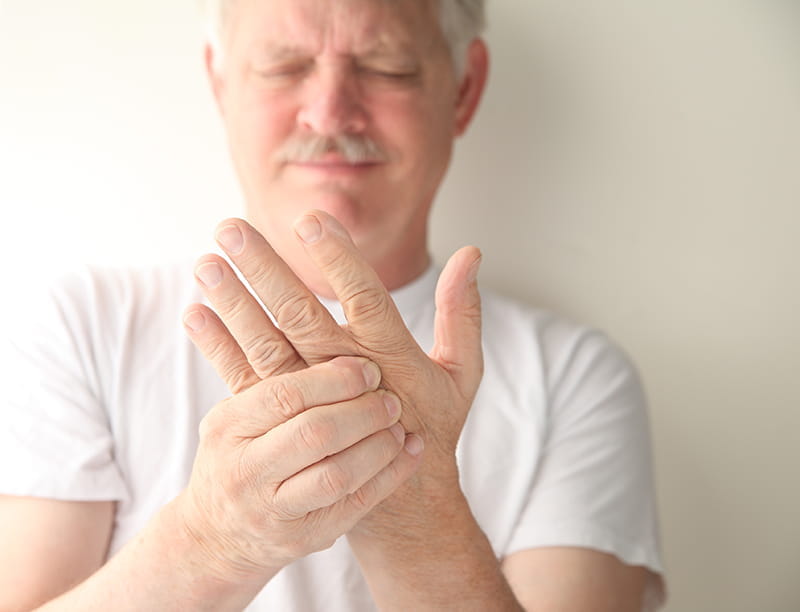An open label, randomized study was carried out to evaluate the efficacy, acceptability and side effects of oral isotretinoin in Indian conditions and to compare the efficacy of oral isotretinoin monotherapy with that of a combination of oral isotretinoin and topical anti-acne agents.
Aims
Methods
Sixty patients with nodulocystic acne were enrolled in the study. They were divided into two groups of 30 each. Patients in group A were treated with oral isotretinoin 20 mg twice a day along with topical clindamycin (1%) and adapalene (0.1%) for 24 weeks. Patients in group B were given only oral isotretinoin. An objective clinical scoring was repeated every four weeks and patients were followed up for six months on completion of treatment.
Results
The mean pretreatment score in group A came down from 12.8 to 1.24 and in group B from 12.4 to 1.48, thus showing a 90.55% and 88% reduction in pretreatment scores respectively. There was no statistical difference in the results obtained from the two groups (Table 1). Side effects were common but minor in nature.
Table1 comparison of mean scores before and after treatment between two groups
Conclusion
Isotretinoin produces gratifying results in Indian patients with nodulocystic acne. Addition of topical antiacne agents does not alter the final outcome.
Reference
Adapted from Indian J Dermatol Venereol Leprol. 2008 Mar-Apr;74(2):187.



